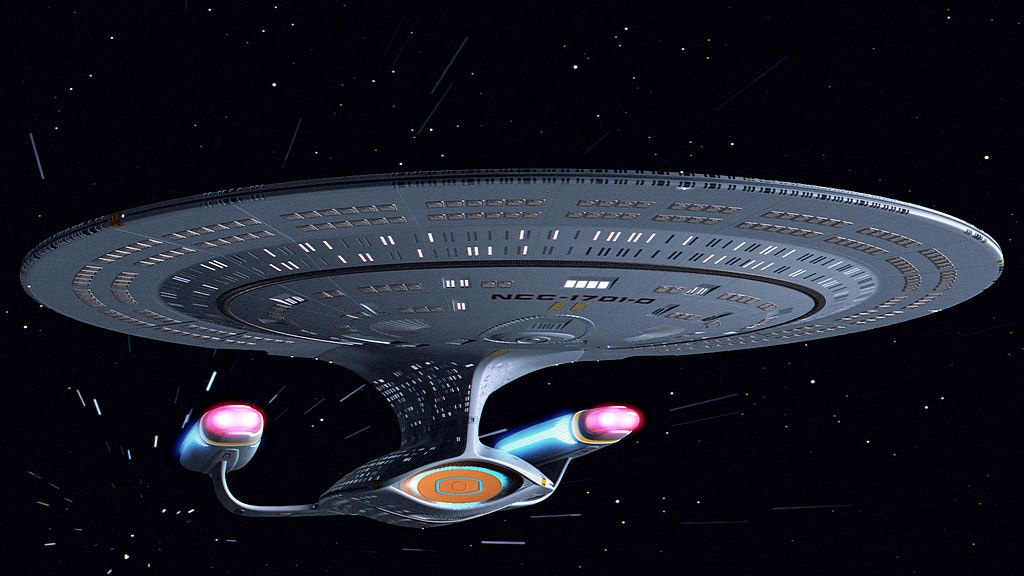It's logical: Scientists get heated about emissions from space tourism
Study finds that rockets' pollution is magnified at high altitudes.

(A native of England, veteran journalist Matthew Diebel has worked at NBC News, Time, USA Today and News Corp., among other organizations. Having spent much of his childhood next to one of the world's fastest bodies of water, he is particularly interested in tidal energy.)
Earth to Captain Kirk/William Shatner: You are a major polluter. Not only do we have to imagine what damage a craft like the Starship Enterprise could have done to the stratosphere — those dilithium crystals! — but now we know that when you boldly went on your space flight on Jeff Bezos’ Blue Origin rocket, it had a major impact.
The news, published in the journal Earth’s Future, was beamed up by a group of scientists in the U.K. and the U.S. who said that the growing space tourism industry could fuel significant global warming while also depleting the Earth’s crucial ozone layer.
A key focus of the study was emissions of black carbon, or soot, from the combustion of rocket fuel, which absorbs light from the sun for considerable periods and releases thermal energy, making it a powerful warming agent. At lower altitudes, black carbon quickly falls from the sky in days or weeks; with rockets, though, the soot-like substance for up to four years before falling back down to Earth, meaning that pollutants emitted in the stratosphere are nearly 500 times worse, the study found.
“A big ramp up in the number of space launches, which is hoped for by the space tourism industry, poses a risk to the climate by adding black carbon particles to the upper atmosphere and as a result, we should think very carefully about regulating this industry before it gets out of hand,” said Robert Ryan, a researcher at University College London and the study’s lead author. “It would be a real shame for humanity to look back in 50 or 100 years when we’ve got thousands of rocket launches a year and think, ‘If only we’d done something.’”
To be fair, the liquid hydrogen and oxygen used by Bezos’ rocket produce less black carbon than the SpaceX and Virgin Galactic craft backed by Elon Musk and Richard Branson, which burn solid fuels. However, with all three enterprises planning hundreds of flights in coming years, the backlash could be considerable.
Earth to Kirk: Get over space and get out.
